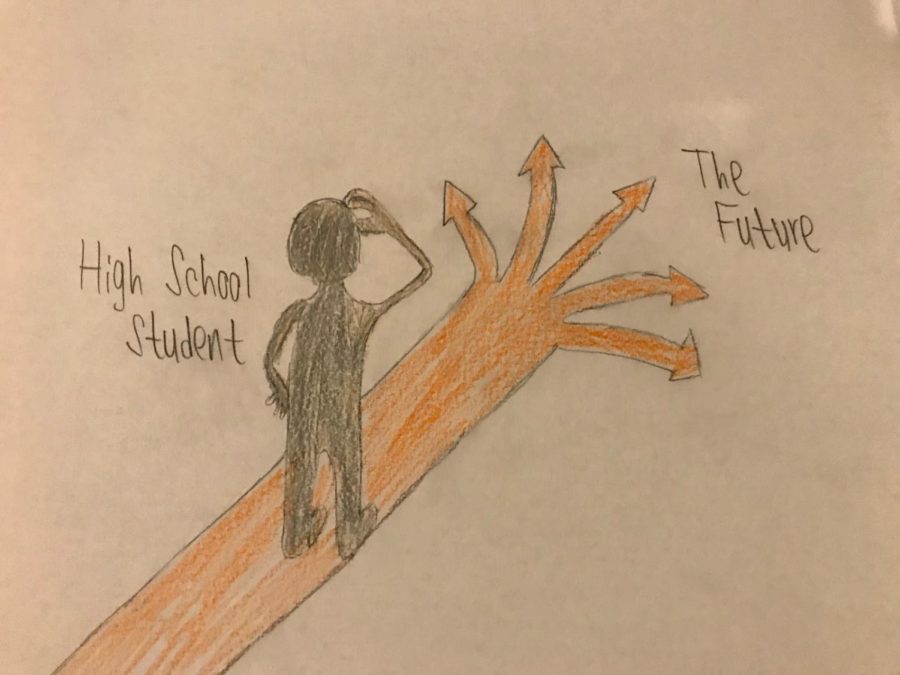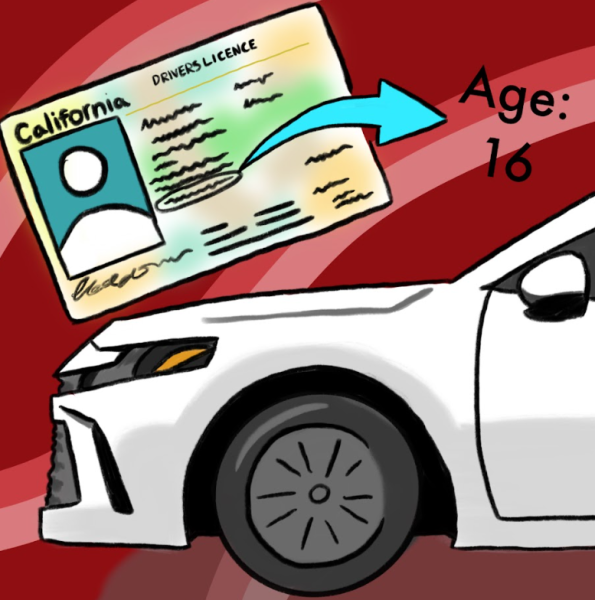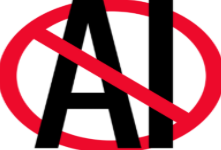Do High Schools Really Prepare Students for the Future?
Picture by Pranesh Kumar
Most high schools across the country excel in their job of providing students with an upper-level education. There are many challenging classes that students can choose to take in high school, and having the opportunity to learn about difficult subjects in-depth is beneficial for future academic endeavors. Additionally, high schools do a great job in providing a well-rounded education that improves every student’s general knowledge. There is no denying that a general and specialized learning experience is a useful asset for life after high school. However, there is also plenty of evidence to suggest that high schools still aren’t doing enough to prepare students for the future.
The average teenager in today’s world is the perfect example of how parents never challenge their children to go above and beyond. Unlike the past, when high schoolers were forced to be independent, kids now are more likely to be coddled by their parents. Fewer high schoolers are being forced to get jobs and pay for their own commodities. Furthermore, parents in this current generation are rewarding kids too easily and are not giving them enough of a chance to develop a sense of responsibility. Life in high school may be more kind as a result, but students nowadays are starting to face the consequences as soon as they enter college.
Though one of the responsibilities of a parent is to educate their children on basics, schools should also be accountable for instructing students to be knowledgeable about the world around them. A joint effort of parent, school, and student will help to reinforce the necessity and importance of getting prepared for what is up ahead.
One way in which high schools can get students ready for the future is by having every class’s curriculum include practical applications of the subjects that are being taught. For instance, in a math class, lessons could be incorporated on basic economics. Teachers would get the chance during these lessons to teach their students how to pay taxes or how to invest their money. There could also be a short curriculum implemented teaching students how to manage money when the time comes for them to pay their bills. Implementing these programs would certainly help in resolving the issues of rising student debt and post-graduation depression. It will also help in making the education of high school students feel worthwhile.
Another academic field that could be targeted by high schools is English. In a real world setting, young adults should be able to properly form resumes if they are to apply for higher level jobs. It is also important in many careers to be able to write a proper business letter or draft a proper email. English teachers spend a substantial amount of time analyzing novels and explaining how to write essays, but writing in the real world is normally utilized in a variety of different ways. By slightly modifying the school curriculum to include lessons about writing formal letters and resumes, students will be much better prepared for the majority of high-level careers.
The education that current high schools provide is an essential stepping stone in the academic development of all teenagers. However, if high schools choose to make small-scale changes to their curriculum to help prepare students for the future, the transition between college and career will be far less intimidating. Our current workforce will also benefit as a result.

Hello! My name is Pranesh Kumar, and I am a Copy Editor for the QHHS Ubiquity Virtual Edition. As a fourth-year student of Journalism and an IB Senior,...








